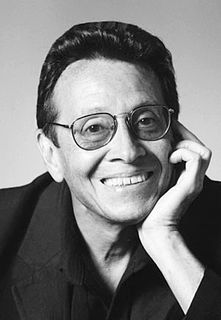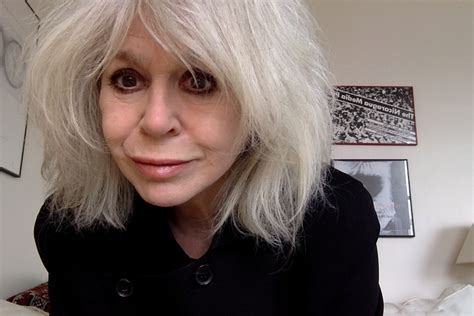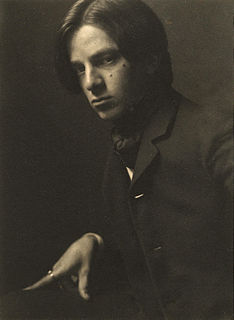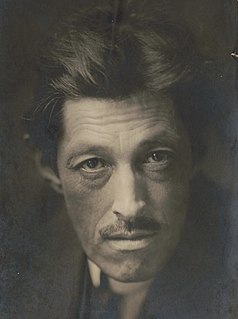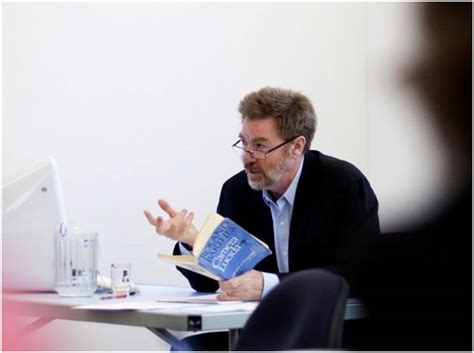A Quote by Norman Corwin
Photography is to the layman perhaps the most enticing art. As a buff and a follower, at a respectful distance, I find myself like others, having the heart of a Steiglitz with hands that sometimes seem impeded by boxing gloves. What is exasperating is that one can feel closer to managing the skills of photography than most other arts, and yet be a long hop, skip and delusional way from it.
Related Quotes
I collect art on a very modest scale. Most of what I have is photography because I just love it and it makes me happy and it looks good in my home. I also have a pretty big collection of art books mainly, again, on photography. A lot of photography monographs, which is great because with photography, the art itself can be reproduced quite well in book form.
Has it led you to the conclusion that photography is an art ? Or it is simply a means of recording ? "I'm glad you asked that. I've been wanting to say this for years. Is cooking an art ? Is talking an art ? Is even painting an art ? It is artfulness that makes art, not the medium itself. Of course photography is an art - when it is in the hands of artists."
There is no art which affords less opportunity to execute expression than photography. Everything is concentrated in a few seconds, when after perhaps an hours seeking, waiting, and hesitation, the photographer sees the realization of his inward vision, and in that moment he has one advantage over most arts - his medium is swift enough to record his momentary inspiration.


